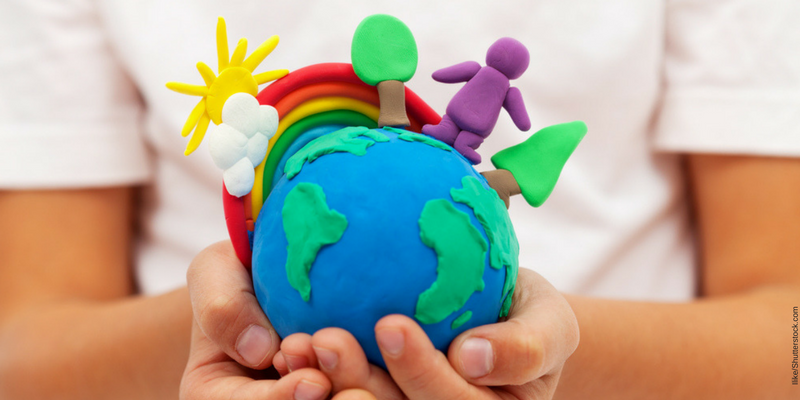
How can education contribute to a more peaceful and sustainable world? What kinds of knowledge, skills, attitudes and values lead to individuals making more informed decisions, participating productively in society and enjoying greater prosperity?
These questions speak to the heart of the humanistic vision captured in Sustainable Development Goal 4 target 7 (SDG4.7) (more on this target and its opportunities and challenges in Asia-Pacific).
It’s a target that does not lend itself to easily checked boxes or a ready-made set of long established practices to follow. By its nature, the target is dynamic and transformative, and requires more than just minor adjustments – it requires rethinking the very role of education in global development.
Education has a responsibility to reflect 21st Century challenges and aspirations and foster the values and skills that we will need for the more sustainable, inclusive and peaceful future we all desire.
(Here is how UNESCO Bangkok is supporting Member States' efforts to achieve this vital target).
FROM VISION TO PRAGMATIC ACTIONS
For many countries in Asia-Pacific, the broad scope and subject matter of SDG4.7 represent uncharted territory. Not surprisingly, a UNESCO Bangkok survey found that many countries in the region said they faced more challenges implementing and monitoring 4.7 than any of the other education targets.
The 3rd Asia-Pacific Meeting on Education 2030 was convened earlier this year to respond to this need and support Member States’ efforts to mainstream SDG4.7 into national education policies, curricula, teacher education, student assessment and monitoring. The meeting produced a set of regional recommendations for action on SDG4.7 that were agreed to by SDG4 national coordinators from throughout Asia-Pacific.
The recommendation notes that SDG4.7 “is concerned not only with the acquisition of the subject knowledge related to these core elements, but also, more importantly, with the acquisition of competencies and the development of the social and emotional skills to apply this knowledge. In addition to these challenges, a reformed pedagogical approach will also be necessary to bring the purpose of SDG4.7 to life.”
The recommendations recognize the unique role and capacity of each stakeholder group in taking action toward this end, and are grouped accordingly into four areas.
The first action area focuses on curriculum and learning materials, and includes recommendations to develop an auditing benchmark, reviewing the coverage of SDG4.7 components in existing curricula/learning materials and harmonizing existing concepts with the target, as well as revisiting and creating new textbooks and developing curriculum that is inclusive, participatory and based on local knowledge.
The second action area recognizes the importance of teaching and learning, and encourages countries to embed SDG4.7 in existing and new teacher competency frameworks, among other measures to empower teachers to understand the target and realize its vision on the ground.
Learning improvement and assessments are the focus of the third action area, recognizing the shift needed to ensure that assessments focus on and support the development of skills, behaviors and values related to SDG4.7.
The final action area is centered on the importance of monitoring and ensuring that adequate data is available to chart progress towards the target. (Recommendations in full).
Member States’ endorsement of the recommendation reflects and reinforces Member States’ Commitment to taking pragmatic steps to implement and monitor SDG4.7. Going forward, they will serve as an important reference document to countries as they implement and monitor SDG4.7.
UNESCO Bangkok, the UNESCO Mahatma Gandhi Institute of Education for Peace and Sustainable Development (MGIEP) and UNICEF co-organized the 3rd APMED2030, with support from the governments of Japan and China.
As a follow-up to APMED3, UNESCO will continue to support Member States in the region for mainstreaming SDG 4.7 at the country level. In November 2017, UNESCO offices and institutes together with UNESCO Category 2 Centres in education in Asia and the Pacific discussed the possible areas of cooperation, including capacity development for teachers and research. In 2018, UNESCO Bangkok, along with the regional office of the UNESCO Institute for Statistics (UIS), will work with countries to further develop their monitoring capacity in the region.


